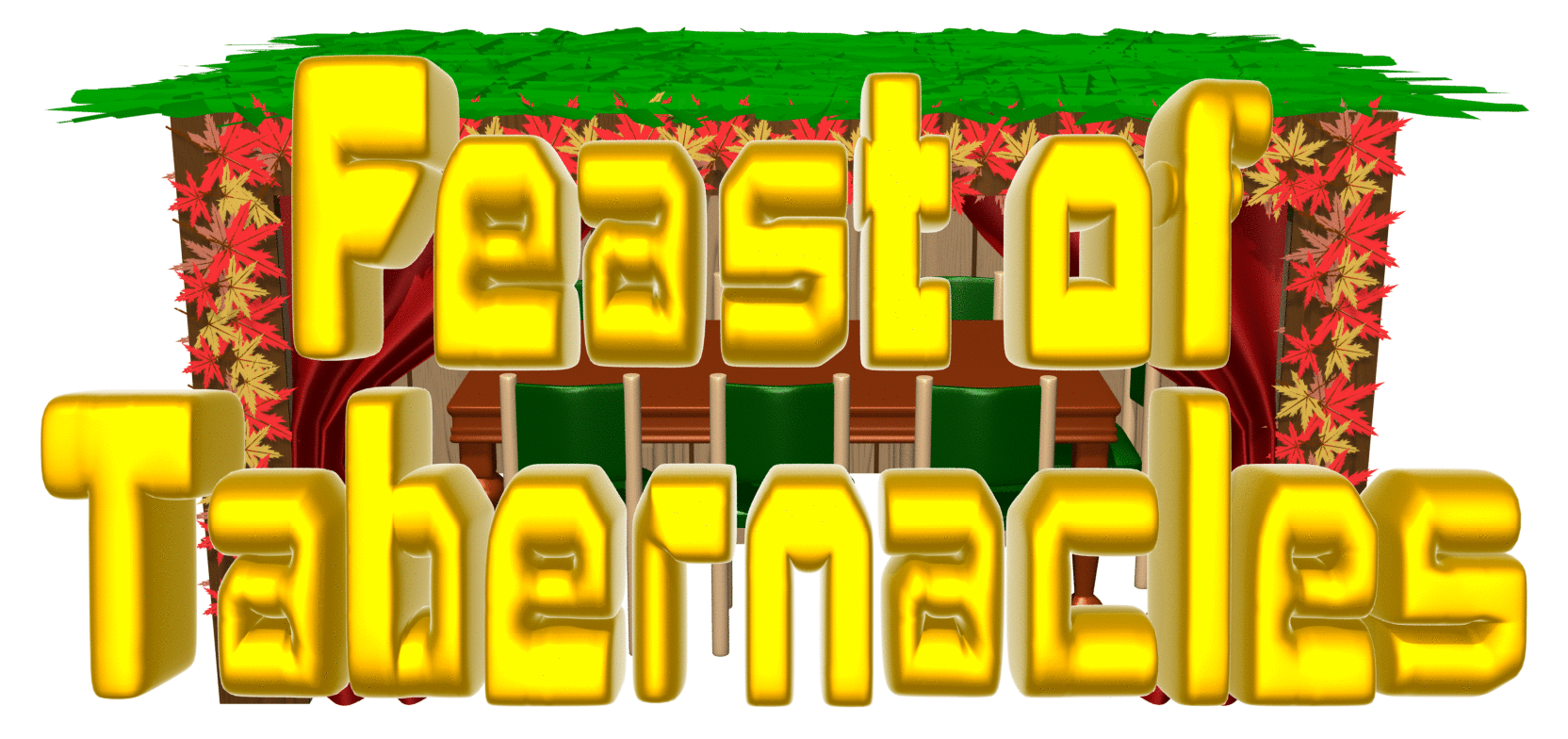Tag Archives: Feast of Tabernacles
Chag Sameach Sukkot—Joyous Feast of Tabernacles!
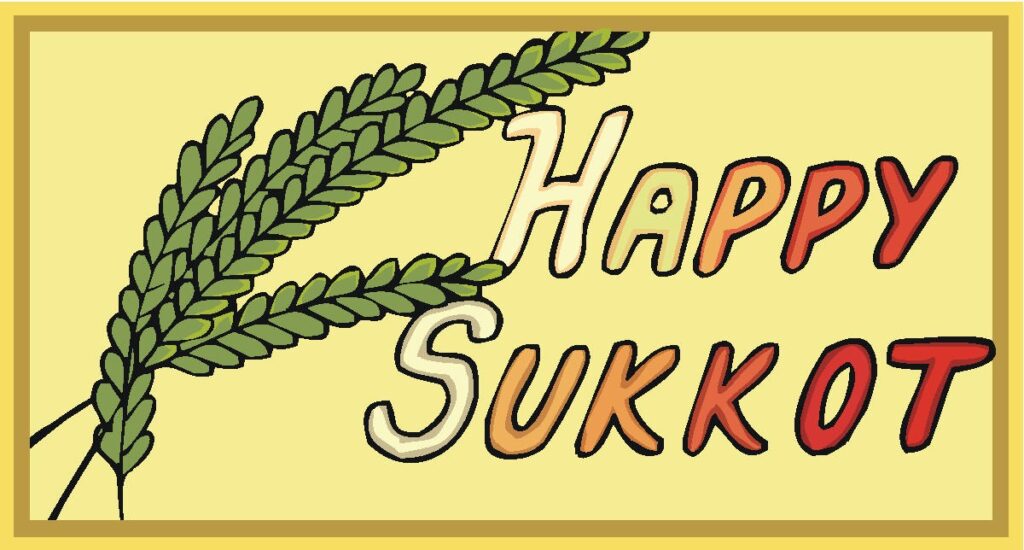
The Historical Roots of Our Faith, Present Relevance for believers & Prophetic End-Time Implications
Ya’acov Natan Lawrence
A Teaching Ministry of Hoshana Rabbah Biblical Resources
Spiritual and Ceremonial Aspects of Sukkot
Overview of the Season
Sukkot (also spelled “Succoth”) or the Feast of Tabernacle (also known as the Feast of Booths, the Feast of Ingathering) is the sixth of YHVH’s seven annual feast days in Creator’s plan of redemption for mankind. This festival is mostly prophetic in its spiritual significance and pictures what the world will be like after the second coming of Yeshua the Messiah when he will come live one earth with his people as he sets up his world-ruling government. Like a river of life, his word and Spirit will go forth from Jerusalems and his glory will cover the earth as the waters cover the sea. During this time of global peace and prosperity, Satan, the wicked one and his minions, will have either been destroyed or will be confined to the bottomless pit, and the lion and lamb will happily play together with the little child, and YHVH’s Torah-law will be universally taught and adhered to. And there is much more beyond this to learn about Sukkot or the Season of Our Joy as we are about to discover.
Sukkot occurs in the early fall of the year on the fifteenth day of the seventh month on YHVH’s biblical calendar fifteen days after Yom Teruah (the Day of Shofar Blowing) and five days after Yom Kippur (the Day of Atonement). This festival lasts for seven days and directly following it is a separate festival called Shemini Atzeret literally meaning “the Eighth Solemn Assembly”and commonly referred to as “the Eighth Day.”
We see in the early fall a rapid succession of biblical feasts with one coming right after another. It is a time of great energy, excitement and anticipation both in the natural realm and prophetically.
We also observe a transition from the somber and repentant, even frightening, mood of Yom Teruah and Yom Kippur to the joyous and celebratory mood of the Feast of Sukkot, and no wonder, for the first two fall festivals of YHVH represent a very dark and ominous time in human history—the end of the age with the judgments of Elohim being poured out upon the earth (great tribulation, wrath of Elohim, battle of Armageddon, and Satan being bound and cast into the bottomless pit). But this same period culminates in the return of the Messiah, Yeshua, to rule the earth during the Messianic Age as King of kings and Lord of lords. The Feast of Tabernacles pictures this glorious epoch in the history of humanity’s tenure upon this earth—a time of unspeakable joy and triumph of good over evil, righteousness over wickedness, the children of light over the children of darkness, love over hate, and the truth of YHVH (epitomized by Yeshua) over the lies of Satan.
Thus Saith YHVH’s Word on the Feast of Tabernacles and the Eighth Day
The Word of Elohim must be the foundation for all that we do, say and think. With that in mind, here are the scriptures that reveal YHVH’s Truth about this glorious, upward-looking festival:
Speak unto the children of Israel, saying, The fifteenth day of this seventh month shall be the feast of tabernacles for seven days unto YHVH. 35 On the first day shall be an holy convocation: ye shall do no servile work therein. 36 Seven days ye shall offer an offering made by fire unto YHVH: on the eighth day shall be an holy convocation unto you; and ye shall offer an offering made by fire unto YHVH: it is a solemn assembly; and ye shall do no servile work therein. 37 These are the feasts of YHVH, which ye shall proclaim to be holy convocations, to offer an offering made by fire unto YHVH, a burnt offering, and a meat offering, a sacrifice, and drink offerings, every thing upon his day: 38 Beside the sabbaths of YHVH, and beside your gifts, and beside all your vows, and beside all your freewill offerings, which ye give unto YHVH. 39 Also in the fifteenth day of the seventh month, when ye have gathered in the fruit of the land, ye shall keep a feast unto YHVH seven days: on the first day shall be a sabbath, and on the eighth day shall be a sabbath. 40 And ye shall take you on the first day the boughs of goodly trees, branches of palm trees, and the boughs of thick trees, and willows of the brook; and ye shall rejoice before YHVH your Elohim seven days. 41 And ye shall keep it a feast unto YHVH seven days in the year. It shall be a statute for ever in your generations: ye shall celebrate it in the seventh month. 42 Ye shall dwell in booths seven days; all that are Israelites born shall dwell in booths: 43 That your generations may know that I made the children of Israel to dwell in booths, when I brought them out of the land of Egypt: I am YHVH your Elohim. (Lev 23:34–43)
Three times thou shalt keep a feast unto me in the year. 15 Thou shalt keep the feast of unleavened bread: (thou shalt eat unleavened bread seven days, as I commanded thee, in the time appointed of the month Abib; for in it thou camest out from Egypt: and none shall appear before me empty:) 16 And the feast of harvest, the first fruits of thy labours, which thou hast sown in the field: and the feast of ingathering, which is in the end of the year, when thou hast gathered in thy labours out of the field. 17 Three times in the year all thy males shall appear before the Adon YHVH. (Exod 23:14–17)
And on the fifteenth day of the seventh month ye shall have an holy convocation; ye shall do no servile work, and ye shall keep a feast unto YHVH seven days … [all the sacrifices and offerings are to be made on these days are then listed] …. 35 On the eighth day ye shall have a solemn assembly: ye shall do no servile work therein … [the sacrifices and offerings that are to be made on this day are then listed]. (Num 29:12, 35)
Thou shalt observe the feast of tabernacles seven days, after that thou hast gathered in thy corn and thy wine: 14 And thou shalt rejoice in thy feast, thou, and thy son, and thy daughter, and thy manservant, and thy maidservant, and the Levite, the stranger, and the fatherless, and the widow, that are within thy gates. 15 Seven days shalt thou keep a solemn feast unto YHVH thy Elohim in the place which YHVH shall choose: because YHVH thy Elohim shall bless thee in all thine increase, and in all the works of thine hands, therefore thou shalt surely rejoice. 16 Three times in a year shall all thy males appear before YHVH thy Elohim in the place which he shall choose; in the feast of unleavened bread, and in the feast of weeks, and in the feast of tabernacles: and they shall not appear before YHVH empty: 17 Every man shall give as he is able, according to the blessing of YHVH thy Elohim which he hath given thee. (Deut 16: 13–17)
And they found written in the law which YHVH had commanded by Moses, that the children of Israel should dwell in booths in the feast of the seventh month: 15 And that they should publish and proclaim in all their cities, and in Jerusalem, saying, Go forth unto the mount, and fetch olive branches, and pine branches, and myrtle branches, and palm branches, and branches of thick trees, to make booths, as it is written. 16 So the people went forth, and brought them, and made themselves booths, every one upon the roof of his house, and in their courts, and in the courts of the house of Elohim, and in the street of the water gate, and in the street of the gate of Ephraim. 17 And all the congregation of them that were come again out of the captivity made booths, and sat under the booths: for since the days of Jeshua the son of Nun unto that day had not the children of Israel done so. And there was very great gladness. 18 Also day by day, from the first day unto the last day, he read in the book of the law of Elohim. And they kept the feast seven days; and on the eighth day was a solemn assembly, according unto the manner. (Neh 8: 14–18)
And it shall come to pass, that every one that is left of all the nations which came against Jerusalem shall even go up from year to year to worship the King, YHVH of hosts, and to keep the feast of tabernacles. 17 And it shall be, that whoso will not come up of all the families of the earth unto Jerusalem to worship the King, YHVH of hosts, even upon them shall be no rain. 18 And if the family of Egypt go not up, and come not, that have no rain; there shall be the plague, wherewith YHVH will smite the heathen that come not up to keep the feast of tabernacles. 19 This shall be the punishment of Egypt, and the punishment of all nations that come not up to keep the feast of tabernacles. (Zech 14:16–19)
Now the Jews’ feast of tabernacles was at hand. 10 But when his brethren were gone up, then went he also up unto the feast, not openly, but as it were in secret. 11 Then the Jews sought him at the feast, and said, Where is he? 14 Now about the midst of the feast Yeshua went up into the temple, and taught. 37 In the last day, that great day of the feast, Yeshua stood and cried, saying, If any man thirst, let him come unto me, and drink. 38 He that believeth on me, as the scripture hath said, out of his belly shall flow rivers of living water. 39 (But this spake he of the Spirit, which they that believe on him should receive: for the Set-apart Spirit was not yet given; because that Yeshua was not yet glorified.) (John 7: 2, 10, 11, 14, 37–39)
Meaning of the Word Sukkot
The word sukkot (plural of sukkah) is Hebrew for “tabernacles, booths, or any tent-like temporary dwelling.” The Tabernacle or Mishkan that YHVH commanded Moses to construct in the wilderness was a sukkah—literally, a portable tent or habitation for YHVH himself. In fact, the time period of the Feast of Sukkot marks the beginning of Israel’s construction of the mishkan (tabernacle), for Moses received the second tablets containing the ten commandments or statements of YHVH on Yom Teruah and it was immediately after this that the Torah records that the Israelites began building the tabernacle.
The Sukkah
The sukkah, a flimsy, tent-like dwelling, represents the frailty of man’s physical life, for the physical body of man is nothing more than a “temporary dwelling” in which mortal man lives (2 Cor 5:1–6) until physical death occurs followed by the resurrection of the saints into eternal life.
While in this physical state man must totally depend upon his Creator for everything, without whom we would perish both physically and spiritually in this wilderness in which we find ourselves called life. This is exactly the lesson we learn from the children of Israel’s experience during 40 years of wandering in the wilderness. They depended totally upon YHVH for food, water, clothing and protection from the heat, cold and their enemies.
YHVH Sukkah-ed With His People
Continue readingWhat Is the Kingdom of God & What Will the Millennium Be Like?
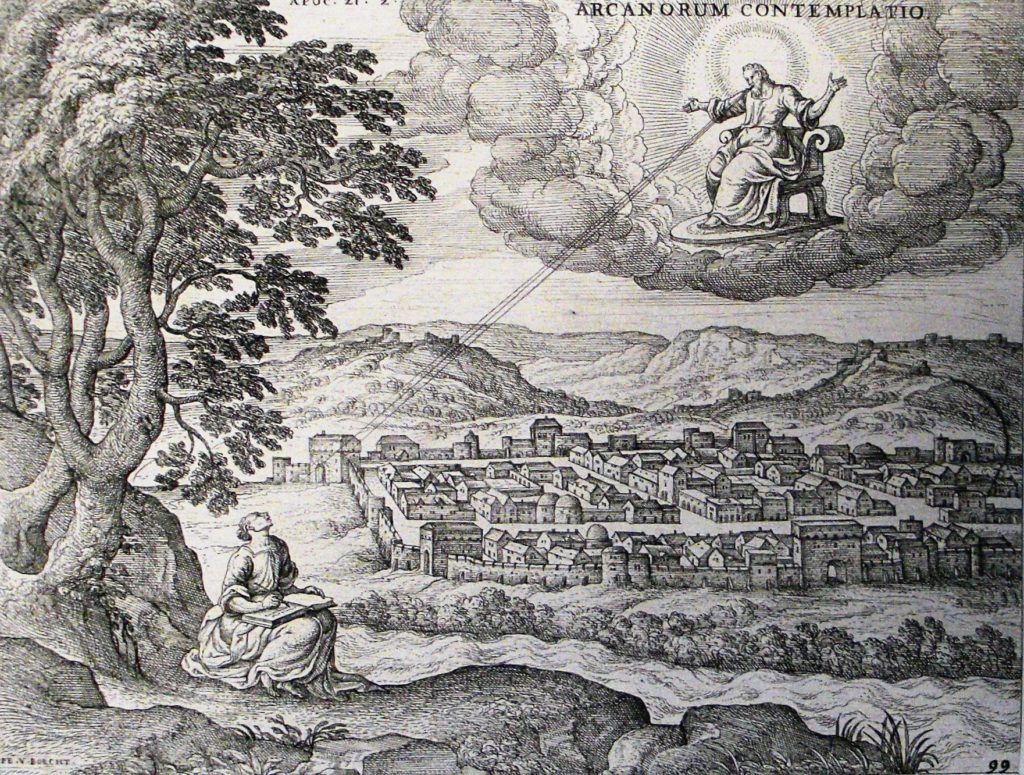
The Preaching of the Kingdom of Elohim Was Fundamental to the Ministry of Yeshua
During Yeshua’s earthly ministry as recorded in the Gospels, which subjects did he teach about the most? Curiously, sadly and for the most part, it wasn’t what most churches in maintstream Christianity are preaching from their pulpits and media platforms today.
So what did Yeshua preach mostly about? The facts speak for themselves. In an analysis I made a few years ago of the Gospels books of Matthew and John I categorized and referenced all the words and actions of Yeshua. The subject Yeshua devoted the most time to was himself and his mission (316 references), followed by revealing his Heavenly Father to his followers (184), followed by his commentary and denunciation of the hypocritical religionists of his day (177 references). The fourth subject to which he devoted the most amount of time was the kingdom of Elohim (144 references). After that, in numerical order was his death, burial and resurrection, followed by YHVH’s judgment, obedience and faithfulness to YHVH’s commandments, spiritual rewards, healing, worldliness, persecution and trials, faith and belief, followed by faithlessness and unbelief. As we can see, the preaching and revelation of the kingdom of Elohim received a high priority in Yeshua’s ministry. This reality is consistent with how the gospel writers distill down the main message of Yeshua’s ministry in the following phrase: “Repent, for the kingdom of Elohim is at hand” (Matt. 3:2; 4:17, 23; 10:7).
During Yeshua’s earthly ministry as recorded in the Gospels, which subjects did he teach about the most? Curiously, sadly and for the most part, it wasn’t what most churches in maintstream Christianity are preaching from their pulpits and media platforms today.
On the focus of Yeshua’s preaching ministry, Hebraic Christian scholar, Marvin Wilson, notes an important facrt. “[Yeshua] came to this earth on a rescue mission, but not to help people escape this world. Instead, he came to free them from the clutches of sin, self, sickness, and oppression that they might be prepared for the olam ha-ba, the “age to come” (Our Father Abraham—the Jewish Roots of the Christian Faith, p. 182).
The gospel message involves repentance from sin (i.e. lawlessness or Torahlessness), so that one can enter into the kingdom of Elohim, which is from heaven (Matt 3:2; 4:17). In the modern mainstream church, neither of these subjects is preached much about. Instead, Christianity tells us that the law of Moses (i.e. the Torah), has been done away with, and we are also told that when you die you go to heaven and that’s that. Since the church hardly speaks about repentance from Torahlessness or about the kingdom of Elohim—things that according to the apostolic writers—formed the basis for the gospel message, one can’t help but wonder how many people even know what the true gospel message is. In this teaching, we want to discuss the kingdom of Elohim aspect of the gospel message as it relates to the millennial reign of Yeshua after his return. This is the ultimate hope of the redeemed believer, and thus it is something that we need to understand.
Brad Young, another Hebraic Christian scholar, in his book,Jesus the Jewish Theologian,describes the first century view of the concept of the kingdom of Elohim as follows: “The twin parables of the Mustard Seed and the Leaven [Matt. 13:31-33; Luke 13:18-21; Mark 4:30-32] illustrate the basis for [Yeshua’s] teaching concerning the kingdom of heaven. They illustrate the progressive growth of the kingdom.… From the start, the supernatural aspect of this parable should not be overlooked. That a tiny seed can progressively grow into a tree was viewed as nothing less than miraculous. The same must have been true for the action of the leaven in the dough. Growth — this amazing, steady, continuous process — would have been viewed as a true wonder in the eyes of the people. The major theme of these illustrations is this miraculous growth. The idea of a sudden, total reversal of the present situation is not congruous with these parables of progressive growth” (ibid. pp. 77–78). That is to say, the kingdom of Elohim would not suddenly appear upon the scene with sudden transformation of the surrounding world, but that it would start small and slowly, gradually, yet powerfully, increase until it was of great consequence.
Continue readingChag Sameach Sukkot/Feast of Tabernacles!
Feast of Tabernacles Resources
Hello everyone around the world as we join the called out heir-apparent children the El Elyon and Kadosh YHVH Elohim (the Most High and Holy YHVH Elohim) to celebrate the biblical Feast of Tabernacles. A most joyous Sukkot/Feast of Tabernacles from my family to yours!
This year Sukkot starts on the evening of Friday, October 2 and continues for seven days until Friday, October 9. Immediately on Saturday/Sabbath the next day (October 10), we will celebrate Shemini Atzeret or the Eighth Day (see Lev 23:33–43).
It is 6:42 AM Friday morning as my wife, Sandi, and I make the final preparations to vacate our home in Western, Oregon and leave for the high desert mountain region of Central Oregon to celebrate Sukkot 2020. Our little Subaru Forester (yes, this tree guy—in the business world, I’m known as “The Treevangelist”—has a Forester! Trees and the Bible are my two main passions in life besides my wife and family.) For Sukkot, we load up our sukkah on wheels (our travel trailer) and head for a state campground. However, due to all of the ravaging and destructive forest fires in Oregon this year and due to the fact that this is the opening weekend for deer and elk hunting season in our state, most of the State campgrounds are either closes or full. Therefore, our sukkah for this year will be a rented vacation home near a mountain river in a beautiful resort area in the mountains. There, three of our four children will be joining us along with a son-in-law. Our daughter and third child will be celebrating Sukkot with her husband in another state about 1,500 miles away from us. During Sukkot, I will also have the privilege of hangin out with several cousins along with their children and grandchildren. This will be the first time that nearly all of the cousins have been together for the Feast since 1974! Needless to say, I’m quite excited about this.
To help you celebrate Sukkot whether you are doing so with others or are by yourself, here is my Sukkot gift to you—some resources that will help you to have a more meaningful Sukkot. Yes, Sukkot is a time to have fun with family and friends, but most importantly, it is a time to draw closer to YHVH Elohim and to Yeshua our beloved Messiah. It is a time to celebrate and memorialize a soon coming future time when our King Yeshua will be ruling over this earth in truth and righteousness, when the Torah-Word of Elohim will go forth from Jerusalem like a river of life to the whole world, and when the glory of the YHVH Elohim will cover the earth as the waters cover the sea, and the bride-saints of Yeshua will be reigning over the world with their Heavenly King. Remember this: while the outlook around you in light of world conditions may be sick and disheartening, the upload is always glories!
Stay tuned for more timely information to follow on Sukkot. Unlike previous years, I will have wifi where I will be staying, so I will be making regular updates to this blog along with teaching articles and photos. See you around…
To help you to celebrate the biblical festival of Sukkot with understanding, please check out the following Hoshana Rabbah resources.
For an in-depth teaching article on Sukkot, go to https://www.hoshanarabbah.org/pdfs/sukkot.pdf
Go to the Hoshana Rabbah YouTube channel at https://www.youtube.com/user/HoshanaRabbah?feature=mhee and check out the playlist on the Biblical Feasts and the Sabbath for many teaching videos on the subject of Sukkot.
How to Celebrate Sukkot By Yourself
Regularly for years I talk to people from all over the world who are alone and without a local fellowship or congregation. Many times I am asked how it is possible celebrate the biblical feasts when alone and disconnected from the greater body of Messiah. Here are some suggestions on how to celebrate the upcoming Feast of Tabernacles (or Sukkot) if you are alone or are only a part of a small group of people.
The first things to keep in mind is that YHVH expected his people to keep the biblical feasts forever wherever their dwelling place happened to be whether inside or outside of the physical land of Israel. I have given proof of this in more details elsewhere, but below are a few Bible verses that state this truth succinctly.
The weekly Sabbath and the seven biblical feasts are for YHVH’s people to celebrate forever and wherever they may be living whether in our out of the land of Israel. The Torah instructs the saints to celebrate the feasts in you dwelling places (d) forever (f)
- The seventh-day Sabbath (Exod 31:17f; Lev 23:3 d)
- Passover (Exod 12:24 f)
- Feast of Unleavened Bread (Exod 12:17f, 20d)
- Feast of Week/Pentecost (Lev 23:21df)
- Atonement (Lev 16:29f; 23:31, df)
- Feast of Tabernacles (Lev 23:41 d)
Here are the biblical commands relating to Sukkot and how you can fulfil them if you are by yourself or with just a small group of people.
- Live in a temporary dwelling for eight days (Lev 23:42). Some people live in a literal sukkah made of tree branches. This is may not always be practical for people living in colder climates. In the past during Sukkot, I have lived in a tent, a tent trailer, a rented house and a motel room. For the past several years, my wife and I have lived in our travel trailer during Sukkot. We will do so again this year in a campground in the mountains.
- You shall celebrate and rejoice before YHVH Elohim (Lev 23:41; Deut 16:14).
- Wave lulavim (Lev 23:40). Every year, my wife and I purchase a four-species lulavim from Israel consisting of an etrog (or a citron, which is lemon-like fruit), a willow branch, a palm branch and a myrtle branch. You can make your own lulavim by taking some tree branches and fruit from your local area.
- Keep the High Sabbaths by ceasing your occupational work (Lev 23:35, 36).
- Drink wine and strong drink (Deut 14:26).
- Use your feast tithe to buy whatever your heart desires (Deut 14:22–27).
- Meet together and fellowship with others on the first day of Sukkot and on the Eighth Day (Lev 23:35, 36)via phone, Skype, Facetime, social media.
- Give a feast offering to those who minister the word of Elohim to you (Deut 16:16–17).
- Read the Torah (Deut 31:9–13).
- Sound the shofar (Ps 81:3).
- Beyond that, when the saints come together, or you are by yourself, we are to read and study the Bible, pray, fellowship with others as we are able, eat good food, praise and praise and worship YHVH Elohim (Acts 2:42, 47; 1 Tim 4:13; Col 3:16; Eph 5:18–19), and allow the gifts of the Spirit to flow (1 Cor 14:26).
What Does the Book of Joel Reveal About the Fall Feasts?
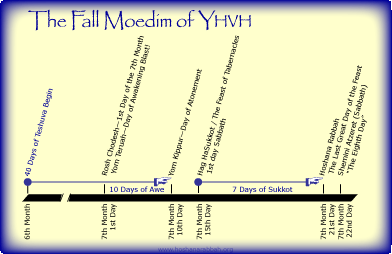
Joel 1:14–15 talks about a fast and a solemn assembly (Hebr. atzeret, Strong’s H616), which is a reference to one of YHVH’s annual feast days, which occurs before the Day of YHVH Wrath. This is an a obvious prophetic reference to Yom Kippur (the Day of Atonement), which occurs in the fall between Yom Teruah and Sukkot, and is the only annual high Sabbath/solemn assembly where YHVH’s people are required to fast (Lev. 23:27). In the prophetic end time scenario of the fall feasts, Yom Kippur occurs between the catching away (“rapture”) of the saints (pictured by Yom Teruah), and the beginning of Yeshua’s millennial rule (pictured by Sukkot). Yom Kippur is the time of the judgment of the world when YHVH will pour out his wrath upon rebellious and unrepentant man (Rev 15–16, the Seven Bowl Judgments).
Joel 2:1 speaks about blowing the shofar and sounding the alarm in Zion, for the day of YHVH is coming. This is a reference to the time period surrounding Yom Teruah, the day of shofar blowing or awakening blast. These shofar blasts seem to correspond to the Seven Trumpets of the Book of Revelation, which occur just prior to the resurrection of the righteous dead (Rev 11:14–18) and the Day of YHVH’s Wrath (Rev 15–16).
Joel 2:2 further calls the time period surrounding Yom Teruah a day of darkness, gloominess, clouds and thick darkness. This cross references with Matthew 24:29–31 and tells us the timing of the resurrection of the dead, which is after (verse 29) the Great Tribulation (verse 21). All this is the precursor to the great and terrible Day of YHVH’s Wrath (Joel 2:11). The word morning in verse two is the Hebrew word sachar (Strong’s H7837) meaning “morning, dayspring, dawn.” This is darkest time of the night, and Joel uses this poetic metaphor to describe spiritual conditions existing on earth just prior to the return of Messiah Yeshua who will come as the Sun of Righteousness with healing in his wings to break the hold that spiritual darkness has had on this earth once and for all (Mal 4:2, cp. 2 Pet 1:19).
Joel 2:12–15 further identifies the time period that this series of passages is discussing as being what is commonly called by the Jewish sages “the 40 Days of Teshuvah (repentance),” which begins on the first day of the sixth month on the Hebrew/biblical calendar and ends on the tenth day of the seventh month, which is Yom Kippur. These three verses clearly delineate the major aspects of this forty-day period. YHVH’s people are to:
- to turn from their sins (called teshuvah meaning to repent),
- to turn to YHVH with all their hearts indicating a deep (not just a surface), heartfelt repentance,
- to fast, which is a direct reference to Yom Kippur/the Day of Atonement when Scripture requires YHVH’s people to fast or afflict their souls (Lev. 23:27),
- and to weep and mourn for the sins one has committed that have separated one from YHVH.
In Joel 2:15–17, we see that within these days of teshuvah there is a time of shofar blowing, followed by the sanctifying of a fast which again is connected to the idea of a solemn assembly (atzeret, verse 15). This is a clear reference to Yom Kippur (the Day of Atonement), which occurs on day forty of the forty days of teshuvah (repentance), and occurs on the tenth day of the seventh month. Verse 15 speaks of blowing the shofar (on Yom Kippur), which is a reference to the third in the trilogy of shofar blasts that occur on Pentecost, Trumpets and finally on Atonement. This final or jubilee blast and is called the Great Shofar Blast or Final Shofar (Shafar haGadol) and signifies when in ancient Israel all debts were forgiven, all land was returned to its rightful owners and all captives were set free. Prophetically, this pictures when the returning Yeshua will defeat all his enemies including the armies of the Beast, Babylon the Great, which has enslaved the world spiritually, economically and politically, and Yeshua will cast Satan into the bottemless pit. This is the Day of YHVH’s Wrath or Vengeance. It is even possible that the Day of YHVH’s Wrath may last for a year and terminate on Yom Kippur of the next year.
At this point, some honest Scripture students may wonder why we think that certain key prophetic end time events have to occur on the feasts. The answer is simple: Since certain key events pertaining to Yeshua’s first coming occurred on the specific feast days that until then had prophetically pointed to those events (for example, Yeshua was crucified on Passover when the Jews were sacrificing the Passover lamb in the Temple; Yeshua resurrected one the day the Levites were offering the first fruits of barley harvest; Yeshua poured out his Spirit on the Day of Pentecost and wrote the Torah on the hearts of the saints, which corresponds to the giving of the Torah at Mount Sinai on Pentecost some 1500 years earlier; etc.), we have good reason to believe (based on scriptural precedence) that such will occur again regarding events surround the fall feasts.
Joel 2:16 speaks of the bridegroom going forth from his chamber and the bride coming out of her closet. This prophetically refers to the meeting of Yeshua, the Bridegroom, and his spiritual bride (the saints who have prepared themselves for the wedding of the Lamb) who will have a joyful reunion in the air at this time after the catching away of the saints. This occurs on or after Yom Teruah and during the Day of YHVH Wrath leading up to and on Yom Kippur.
Joel 2:12–14, 17 speaks of a time period of great repentance for all the inhabitants of the earth (including the saints) not only during the first 30 days of teshuvah (repentance) leading up to Yom Teruah, but especially for those inhabitants of the earth who were not caught away to meet the Bridegroom in the air on Yom Teruah, and who still remain on this earth during the “Ten Days of Awe” between Yom Teruah and Yom Kippur when the wrath of Elohim will be poured out upon the earth (the Day of YHVH). Many will repent of their wickedness and rebellion against YHVH during this time, and many will not.
Joel 2:17 speaks of the priests weeping between the porch and the altar of the Temple and making intercession for the people. We know that this occurred on Yom Kipper when the priests would actually slaughter a bull as an atonement for the sins of the priesthood and the people between the porch and the altar (The Temple and Its Ministry and Service, by Alfred Edersheim, pp. 248–249). Their weeping and crying out to YHVH to spare his people indicates that prophetically this will be a time of great duress upon the earth as YHVH’s pours out his wrath upon unrepentant humanity.
Joel speaks of the Day of YHVH (1:15; 2:1,11,31; 3:14), which is a time period associated with the ten days between Yom Teruah and Yom Kippur. The concluding event of this time period (the wrath of Elohim) will be the Battle of Armageddon when YHVH will gather all nations to mount one final assault against the Messiah in an effort to thwart him from establishing his world-ruling kingdom on earth (3:2; 12:14). Joel refers to this as the “Valley of Decision” for these nations (verse 12). They will be given the opportunity to choose to fight or submit to King Yeshua the Messiah. There YHVH will judge the nations based on the decision they make (verse 12) (this very likely is the judgment between the sheep and goat nations Yeshua refers to in Matthew 25:31-46) before slaughtering those who persist in rebelling against him (verse 3:13; Rev 14:14–20). Zechariah also speaks of the Day of YHVH when YHVH will gather all nations against Jerusalem (Zech 14:2) and he will “go forth and fight against those nations” (verse 3), after which Messiah will touch his feet down upon the Mount of Olives (verse 4)—an event that will usher in the rule of Messiah on earth and the 1000 year long Millennium (Messianic Age).
With the back drop of the fall feasts in mind as we read from the writings of Joel, along with the Forty Days of Repentance being a time of turning from sin, mourning and weeping prior to YHVH pouring out his judgment upon unrepentant humanity, what should be our emotional and spiritual disposition as we entire the time period of the fall feasts? Yeshua is coming again to judge both the wicked and the righteous. Each will be rewarded according to the fruits of their actions. With these things in mind, please read 1 Peter 4:17–18; 1 Corinthians 5:10 and Matthew 5:19.
Back from the wilderness…
My bride, Sandi, and I are back from Sukkoting alone in the wilderness of western, central and southern Oregon with each other for the first time in 20 years. Since 1998, we have spent Sukkot with other people—both large and small groups. All but two of those years, we were the event coordinators and spiritual leaders of our ministry’s regional Sukkot gathering. This year, however, YHVH spoke to my heart and told me to come away with my bride into the wilderness to refresh, renew and regroup. So that’s what we did.
I spent my time away from spiritual Babylon rejoicing, resting, walking and praying, taking photos, working on my new book that I hope to have published soon, doing pen and ink drawings of trees, cooking over a campfire, studying a college textbook on botanical biology and otherwise hanging out with and thoroughly enjoying my wife of nearly 29 years, who is my best friend and life partner and the mother of our four children.
Here are some photos I took…
Rise up, my love, my fair one, and come away! O my dove, in the clefts of the rock, In the secret places of the cliff, let me see your face, let me hear your voice; for your voice is sweet, and your face is lovely.” (Song 2:13–14)
For waters shall burst forth in the wilderness, and streams in the desert. (Isa 35:6)
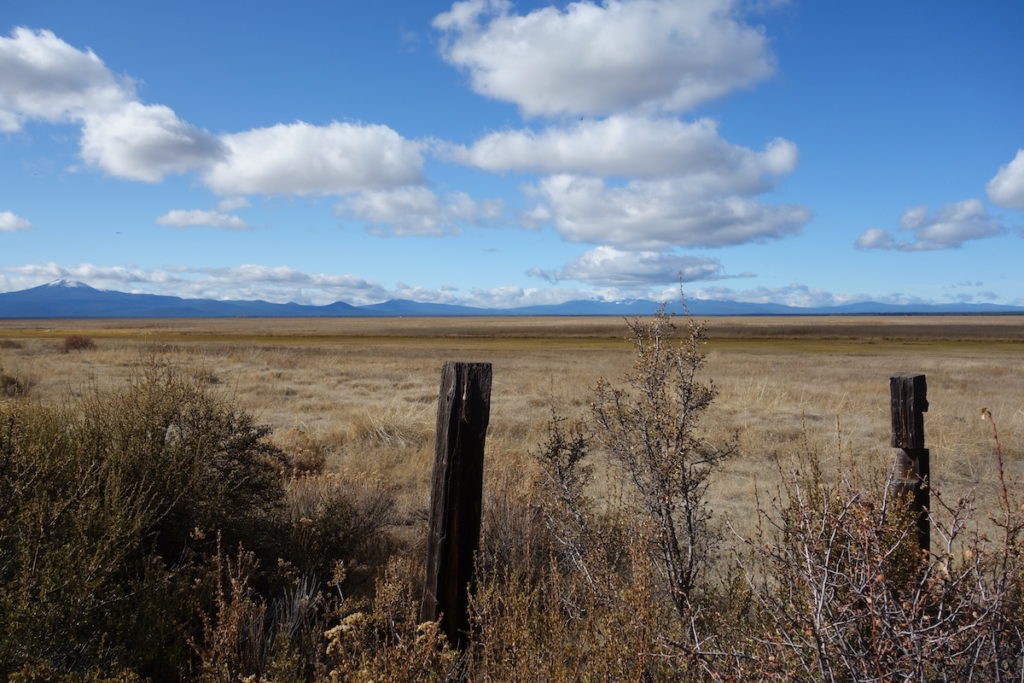
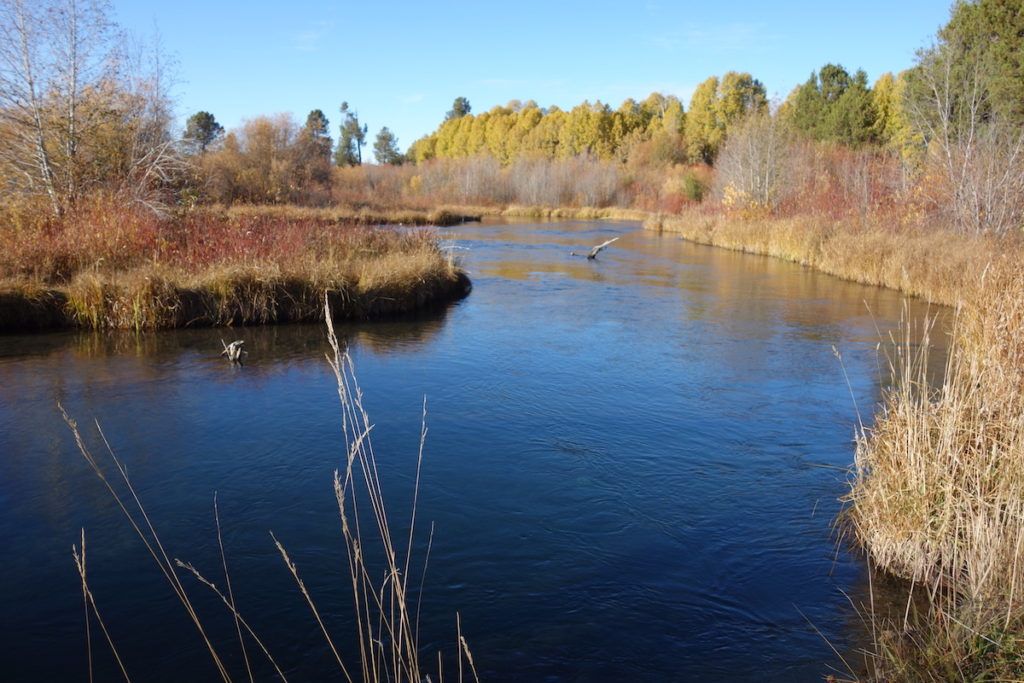
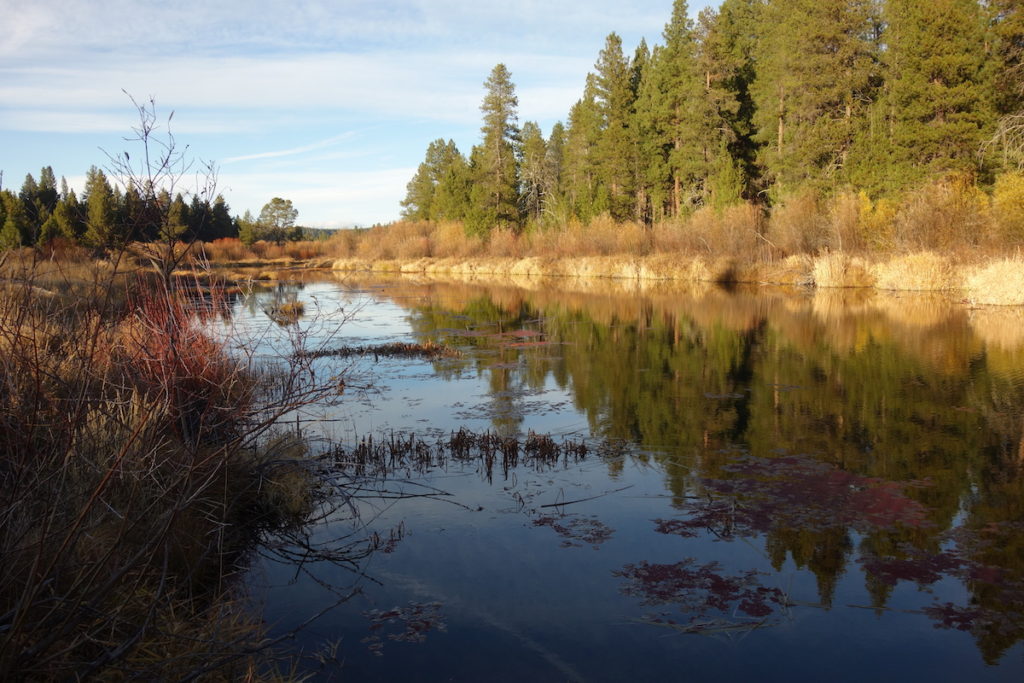
The voice of my beloved! Behold, he comes Leaping upon the mountains, skipping upon the hills. My beloved is like a gazelle or a young stag. Behold, he stands behind our wall; He is looking through the windows, Gazing through the lattice. My beloved spoke, and said to me: “Rise up, my love, my fair one, and come away.” (Song 2:8–10)
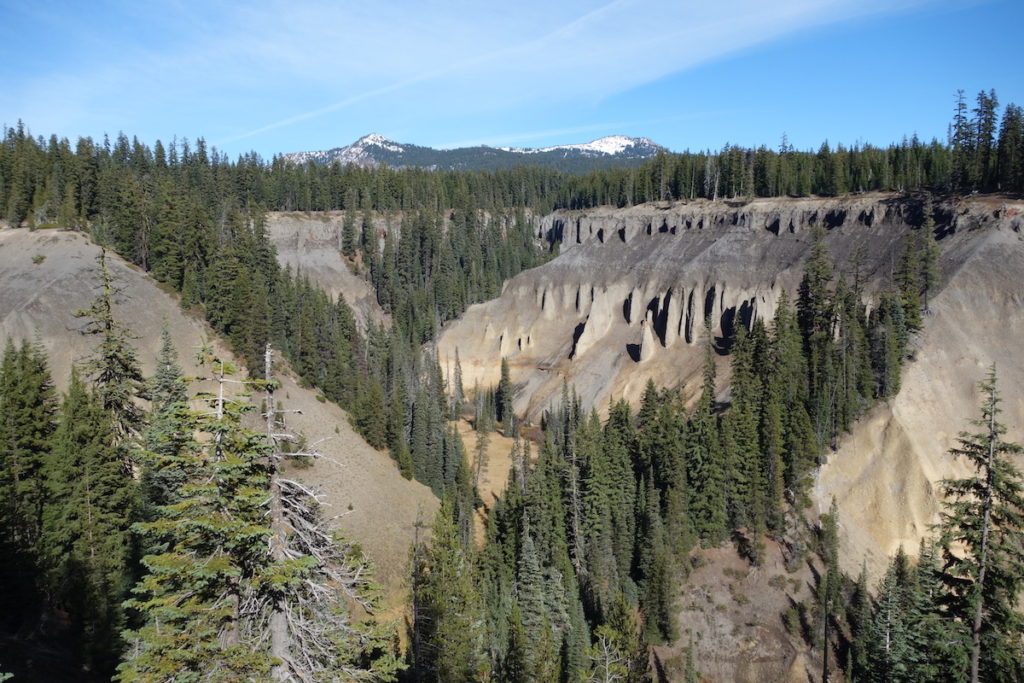

Make Your face shine upon Your servant; Save me for Your mercies’ sake. (Ps 31:16)
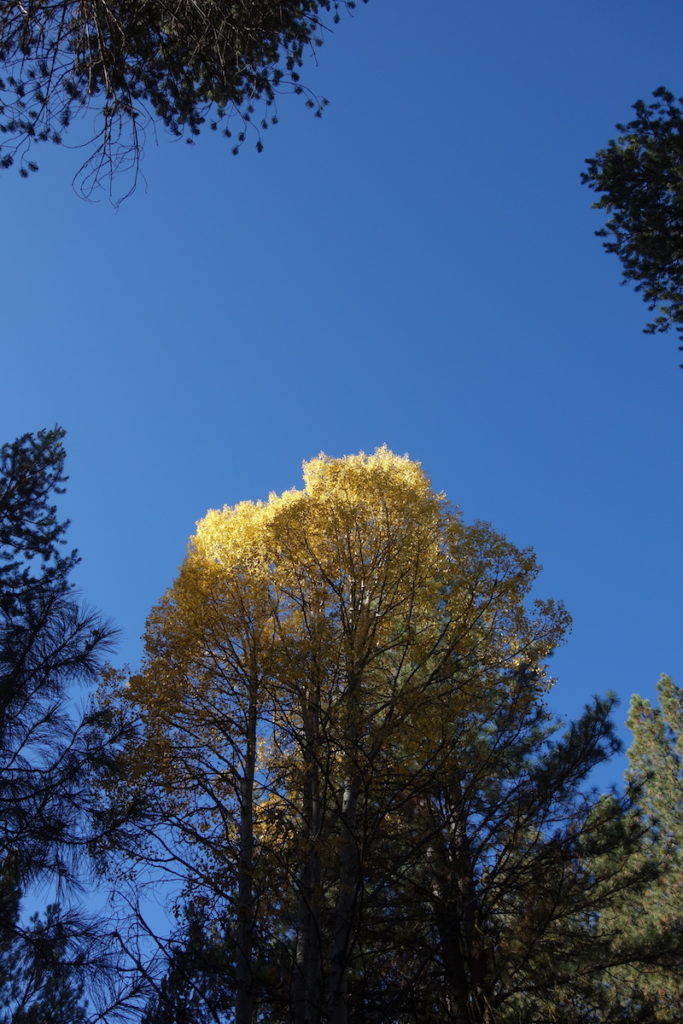
He leads me beside the still waters. (Ps 23:2)
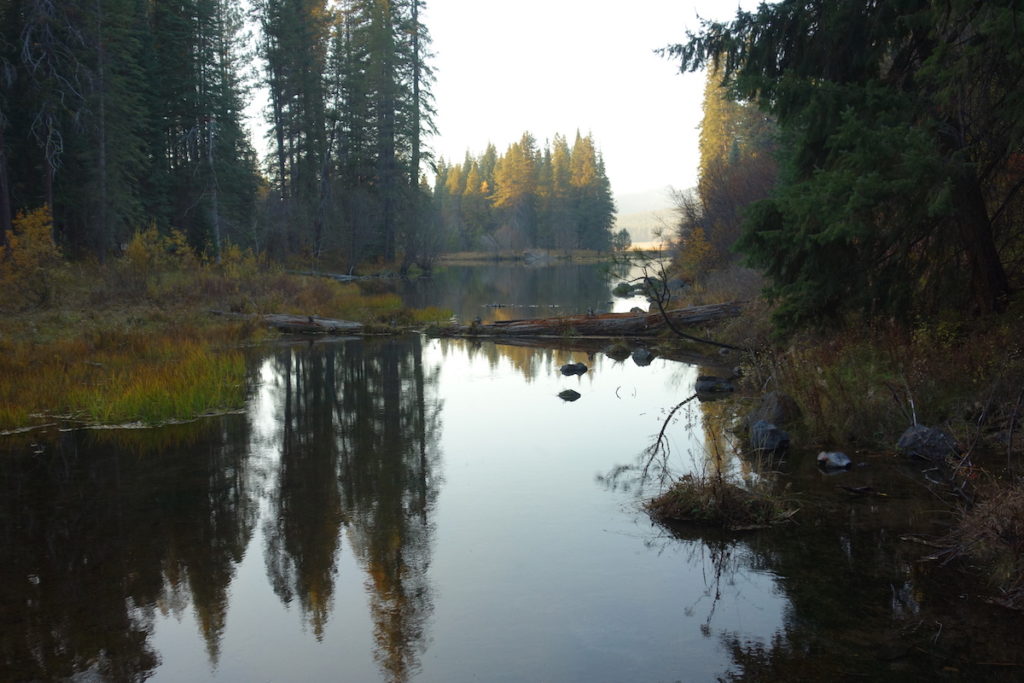
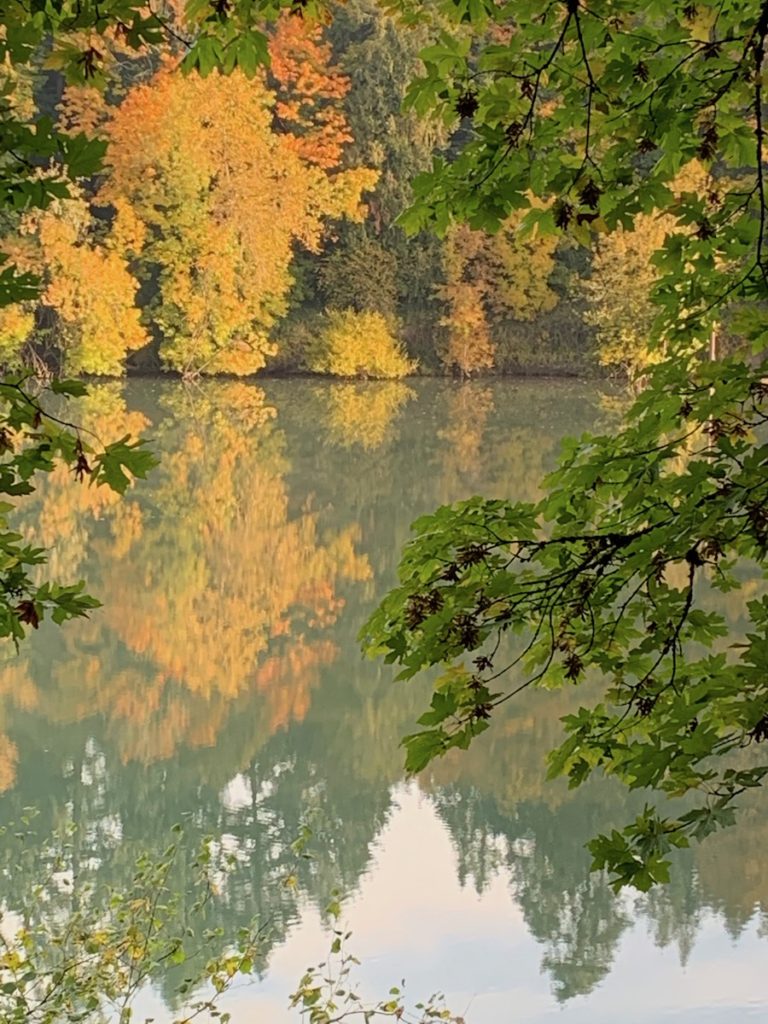
Blessed is the man Who walks not in the counsel of the ungodly, nor stands in the path of sinners, nor sits in the seat of the scornful; but his delight is in the law of Yehovah, and in His Torah he meditates day and night. He shall be like a tree planted by the rivers of water, that brings forth its fruit in its season, whose leaf also shall not wither; and whatever he does shall prosper. (Ps 1:1–3)
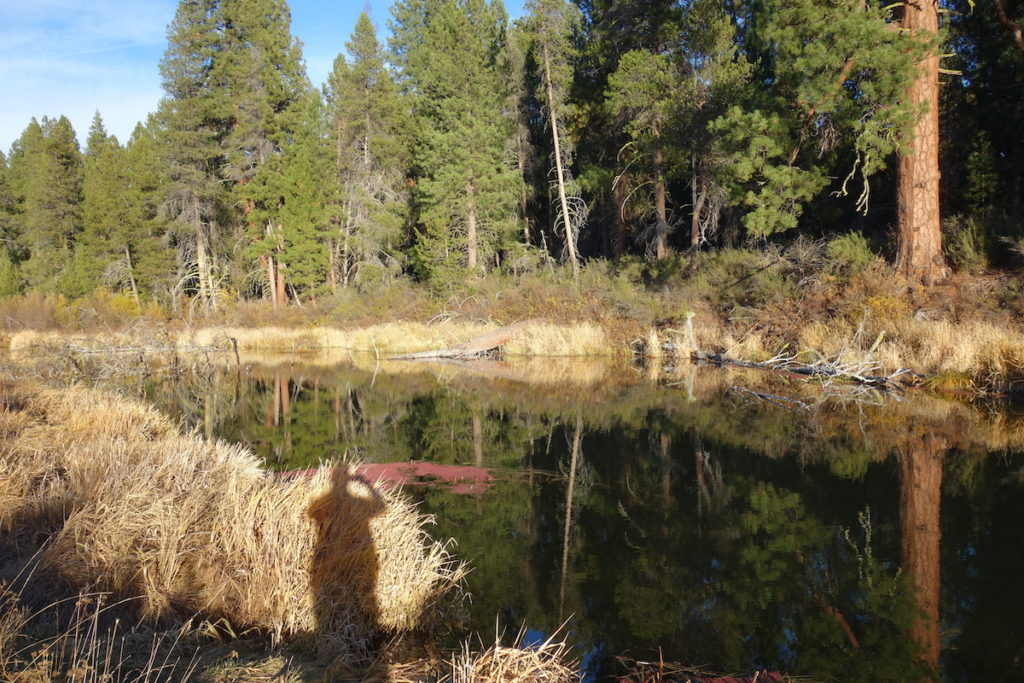
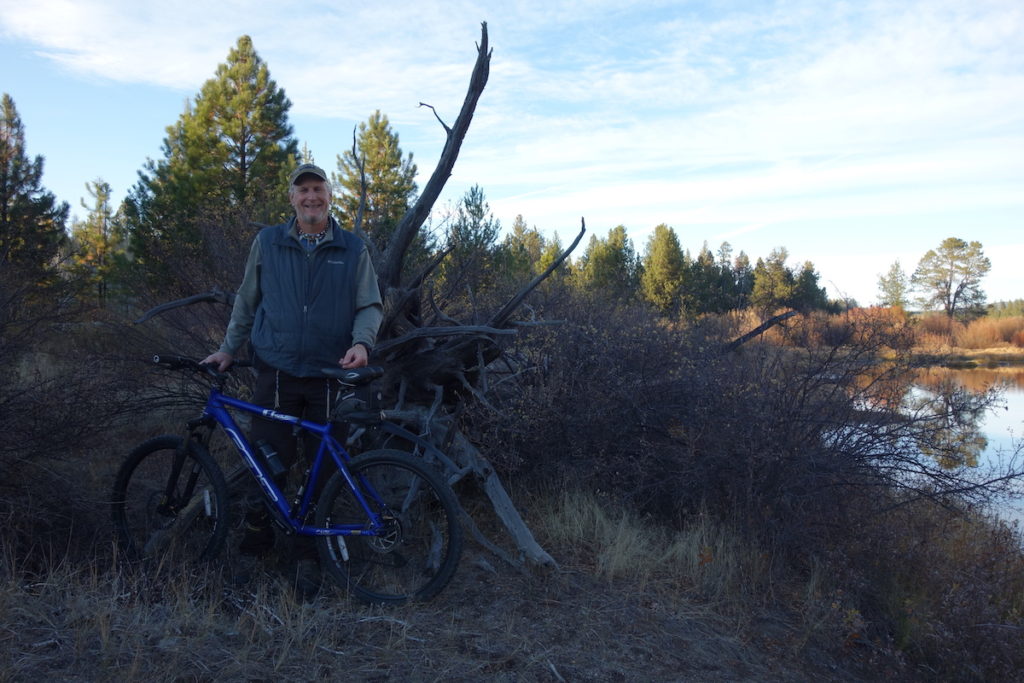
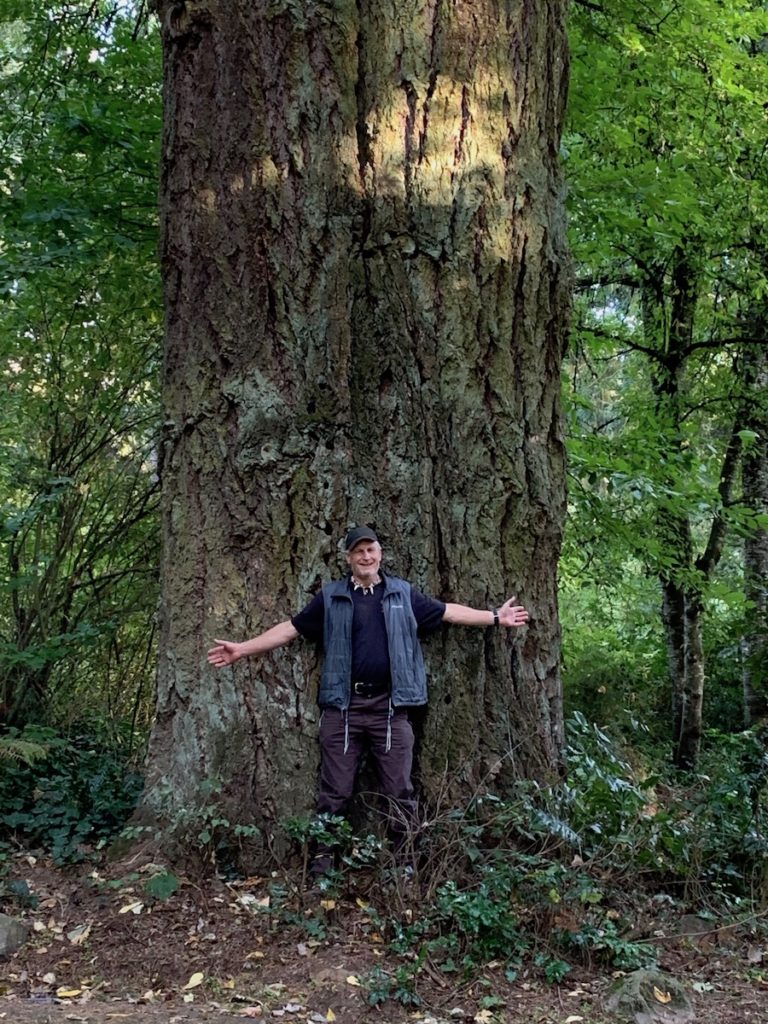
How to Celebrate Sukkot and the Eighth Day by Yourself
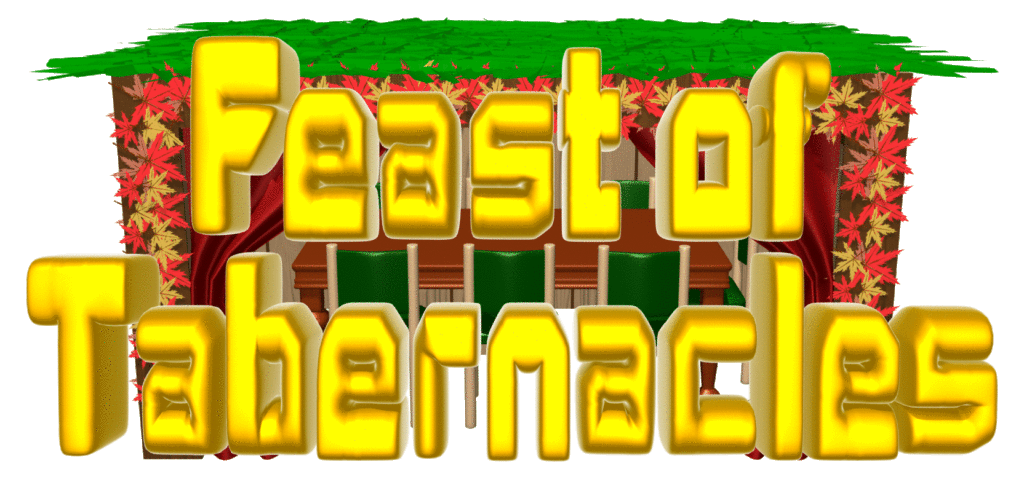
Regularly for years I talk to people from all over the world who are alone and without a local fellowship or congregation. Many times I am asked how it is possible celebrate the biblical feasts when alone and disconnected from the greater body of Messiah. Here are some suggestions on how to celebrate the upcoming Feast of Tabernacles (or Sukkot) if you are alone or are only a part of a small group of people.
The first things to keep in mind is that YHVH expected his people to keep the biblical feasts forever wherever their dwelling place happened to be whether inside or outside of the physical land of Israel. I have given proof of this in more details elsewhere, but below are a few Bible verses that state this truth succinctly.
The weekly Sabbath and the seven biblical feasts are for YHVH’s people to celebrate forever and wherever they may be living whether in our out of the land of Israel. The Torah instructs the saints to celebrate the feasts in you dwelling places (d) forever (f)
- The seventh-day Sabbath (Exod 31:17f; Lev 23:3d)
- Passover (Exod 12:24 f)
- Feast of Unleavened Bread (Exod 12:17f, 20d)
- Feast of Week/Pentecost (Lev 23:21df)
- Atonement (Lev 16:29f; 23:31, df)
- Feast of Tabernacles (Lev 23:41f)
Here are the biblical commands relating to Sukkot and how you can fulfil them if you are by yourself or with just a small group of people.
- Live in a temporary dwelling for eight days (Lev 23:42). Some people live in a literal sukkah made of tree branches. This is may not always be practical for people living in colder climates. In the past during Sukkot, I have lived in a tent, a tent trailer, a rented house and a motel room. For the past several years, my wife and I have lived in our travel trailer during Sukkot. We will do so again this year in a campground in the mountains.
- You shall celebrate and rejoice before YHVH Elohim (Lev 23:41; Deut 16:14).
- Wave lulavim (Lev 23:40). Every year, my wife and I purchase a four-species lulavim from Israel consisting of an etrog (or a citron, which is lemon-like fruit), a willow branch, a palm branch and a myrtle branch. You can make your own lulavim by taking some tree branches and fruit from your local area.
- Keep the High Sabbaths by ceasing your occupational work (Lev 23:35, 36).
- Drink wine and strong drink (Deut 14:26).
- Use your feast tithe to buy whatever your heart desires (Deut 14:22–27).
- Meet together and fellowship with others on the first day of Sukkot and on the Eighth Day (Lev 23:35, 36)via phone, Skype, Facetime, social media.
- Give a feast offering to those who minister the word of Elohim to you (Deut 16:16–17).
- Read the Torah (Deut 31:9–13).
- Sound the shofar (Ps 81:3).
- Beyond that, when the saints come together, or you are by yourself, we are to read and study the Bible, pray, fellowship with others as we are able, eat good food, praise and praise and worship YHVH Elohim (Acts 2:42, 47; 1 Tim 4:13; Col 3:16; Eph 5:18–19), and allow the gifts of the Spirit to flow (1 Cor 14:26).
- Here are some free Hoshana Rabbah resources to help you to celebrate the Feast of Tabernacles (or Sukkot):
Teaching articles on Sukkot: https://www.hoshanarabbah.org/teaching.html#feast
YouTube videos on Sukkot: https://www.youtube.com/playlist?list=PL5EzE5DQnrHfWWbczzkRo6IOnglxhbRfM
Hoshana Rabbah blog articles on Sukkot: https://hoshanarabbah.org/blog/?s=Sukkot&submit=Search
Printable biblical calendars to know when to celebrate the biblical feasts: https://www.hoshanarabbah.org/calendars.html
Have a joyous Sukkot wherever you may be around the world, and we’ll talk to you when my wife and I return from practicing what we’ve just preached above!



